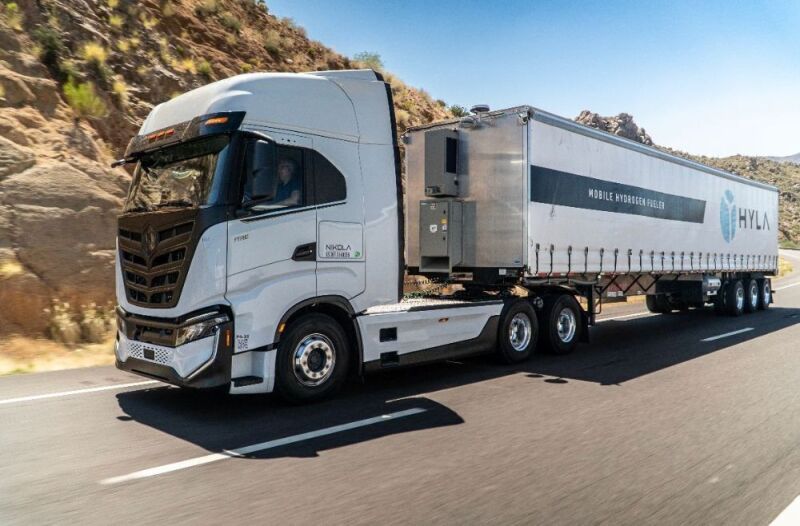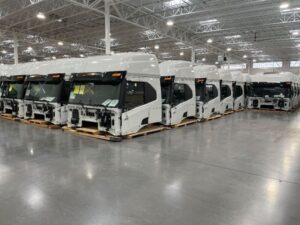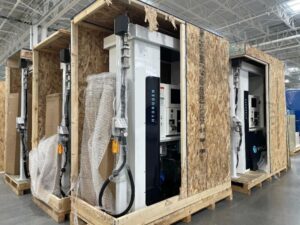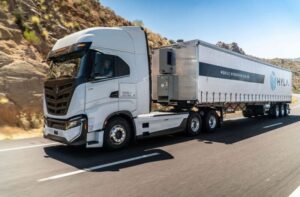If you’ve been following the electric truck saga, Nikola Motor’s slide into insolvency is a dramatic turn, but not entirely unexpected. The company, once touted as a hydrogen fuel cell trailblazer, filed for bankruptcy in February 2025 after quarterly losses averaged around $200 million. The twist? Their expansive fleet of 103 fully functional Nikola Tre hydrogen trucks and a slew of related hydrogen tech—including 65 fuel cell stacks and a complete hydrogen test lab—are now up for auction. And who’s handling this industrial-scale garage sale? Boston-based Gordon Brothers, specialists in bankruptcy asset disposition.
But it’s not just trucks on the block. The auction includes batteries, axles, brakes, DC converters, and equipment for hydrogen refuelling stations. Nikola’s broader hydrogen ambitions under the Hyla brand barely got off the ground—with only three of 60 planned hydrogen stations built—underscoring how tough the hydrogen market has been, especially with federal policy swings less than favorable to hydrogen projects.
Lucid Motors meanwhile swiped Nikola’s production facility, headquarters, and development center in Arizona for $30 million, blending cash and other contributions. This acquisition highlights a reshuffling in the EV space where real estate and production infrastructure are becoming precious assets. The auction and facility sale illustrate the harsh reality facing hydrogen trucks and the wider challenge alternative fuel technologies are grappling with as they race against battery-electric dominance.
For you, whether you’re an industry insider eyeing a deal, or just an EV enthusiast fascinated by the hydrogen hype cycle, this auction marks a key moment. It’s a sunset on one hydrogen dream and a reminder that the clean-transport revolution isn’t a straight, smooth highway—more like a bumpy, twisty road lined with both shiny successes and dusty dead-ends.
Context & Background
Nikola Motor, founded in 2014, entered the automotive scene with ambitious promises of revolutionizing heavy-duty transport through hydrogen fuel cell electric vehicles (FCEVs). Their flagship, the Nikola Tre, boasted impressive specs, such as a continuous output of 400 kW and a range of 800 kilometers. However, despite early hype and investor interest, the company struggled with financial losses nearing $200 million every quarter. These woes culminated in filing for insolvency in February 2025, signaling the failure of their turnaround efforts.
Hydrogen as a fuel source for commercial trucks remains a niche yet tantalizing market, battling infrastructure challenges and political headwinds, particularly in the US where support has fluctuated with changing administrations. Nikola’s effort to build its own hydrogen production and refueling network under the Hyla brand was ambitious but fell short, with only a handful of stations realized out of the promised 60 by 2026.
As Nikola liquidates, assets like hydrogen trucks, fuel cell stacks, and testing labs come under the hammer, managed by Gordon Brothers auction house, which specializes in industrial and bankruptcy asset sales. Meanwhile, Lucid Motors, another electric vehicle player, has scooped up Nikola’s Arizona production facilities, marking a shift in the electric vehicle landscape as some players fall while others consolidate resources.




